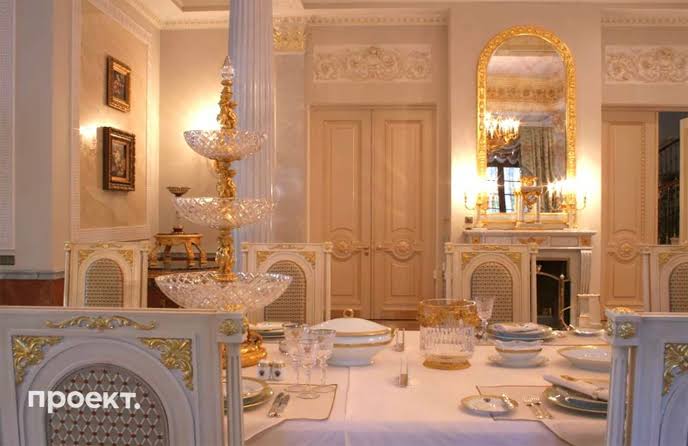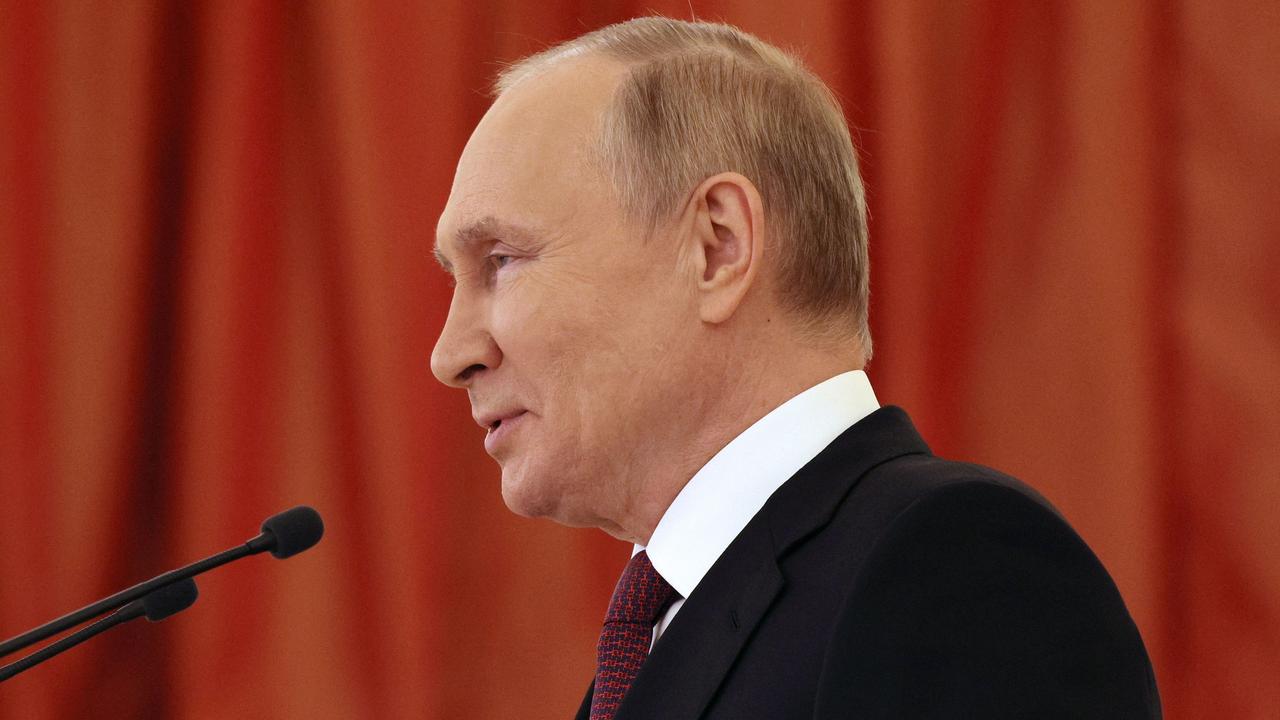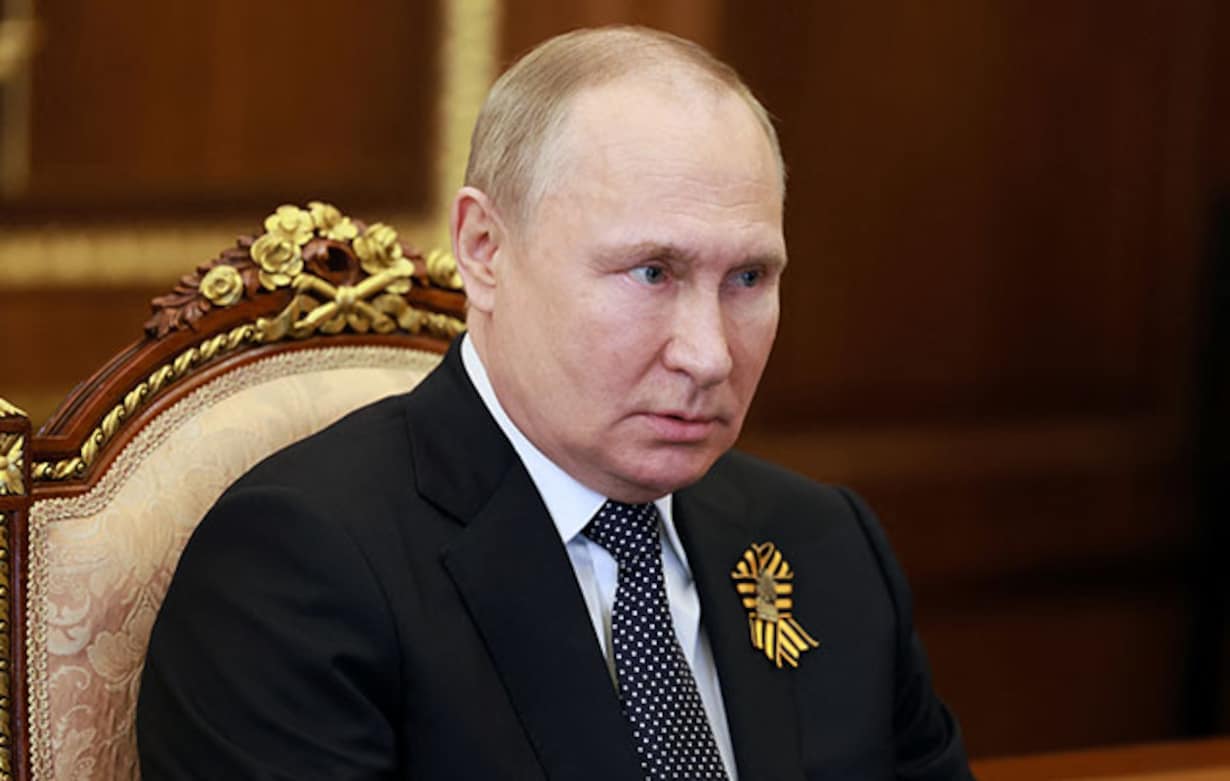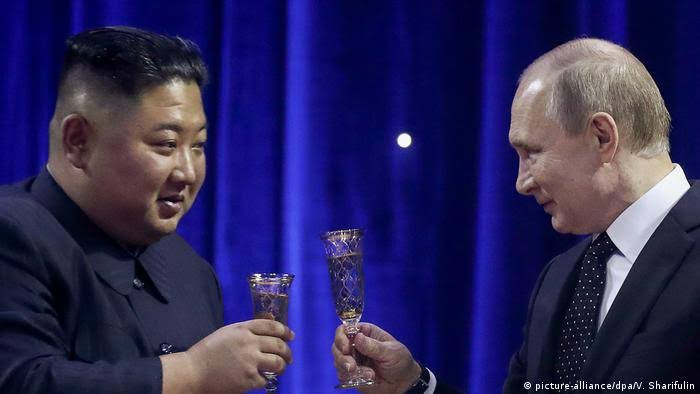Foreign News
Don’t take us back to 1917′ – Russia’s richest businessman tells Putin after he threatened to nationalize western companies that have fled the country since’ invasion of Ukraine
Russia’s richest businessman, Vladimir Potanin, has warned his country’s government that the country would be moving backwards by more than 100 years if it goes ahead with its threat to confiscate assets of companies that have left the country following the invasion of Ukraine.
Lots of American, European and Japanese companies including McDonald’s, Ikea, KFC, Adidas, Nike, Coca-cola etc have abandoned joint ventures, factories, stores, offices and other assets in the past two weeks in response to Russia’s invasion of Ukraine and the sanctions.
Putin last week threatened to nationalize companies that have left Russia.
Potanin is Russia’s wealthiest billionaire and still worth about $22.5 billion, according to Bloomberg.
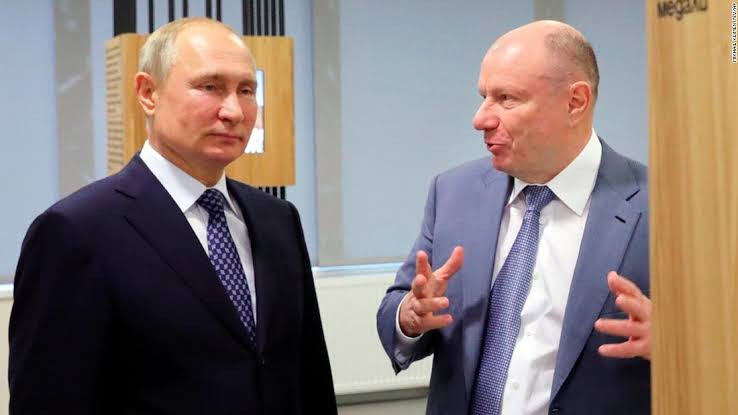
He is the president of metals giant Norilsk Nickel (NILSY) and its biggest shareholder.
Norilsk Nickel is the world’s largest producer of palladium and high-grade nickel, as well as a major producer of platinum and copper. The company and its primary products have escaped punishing sanctions imposed by Western countries that have slammed the Russian economy.
Potanin has now said that Russia risked returning to the days of the 1917 revolution if it slammed the door on Western companies and investors.
The businessman said Putin should be careful with how the Russian government proceeds regarding the seizure of assets.
“Firstly, it would take us back a hundred years, to 1917, and the consequences of such a step — global distrust of Russia on the part of investors — we would experience for many decades,” he said in a message posted on Norilsk Nickel’s Telegram account.
“Secondly, the decision of many companies to suspend operations in Russia is, I would say, somewhat emotional in nature and may have been taken as a result of unprecedented pressure on them from public opinion abroad. So most likely they will come back. And personally, I would keep such an opportunity for them,” he added.
Potanin said it wasn’t expedient to talk about nationalizing Western assets, but the Kremlin’s proposal could allow “owners to keep property, and companies to avoid collapse, continue to produce products and pay money to employees.”
“I understand that in light of the economic restrictions directed against Russia, there may be an understandable desire to act symmetrically,” he wrote.
“But on the example of Western countries, we see that the economies of these countries suffer from the imposition of sanctions against Russia. We must be wiser and avoid a scenario where retaliatory sanctions hit ourselves.” he added
